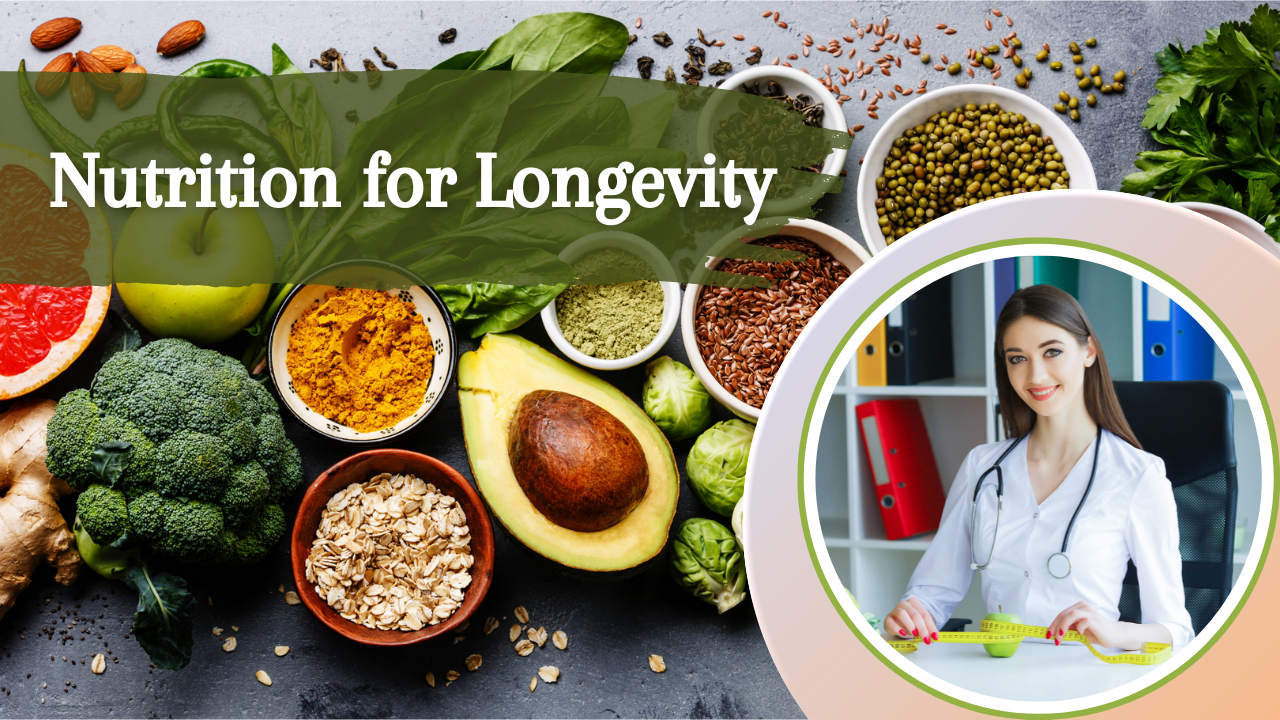The Nutritional Powerhouse Why Fruits and Vegetables Are Essential
Fruits and vegetables stand as fundamental pillars of a healthy diet, offering an indispensable array of nutrients vital for maintaining overall well-being. These natural gifts from the earth are densely packed with essential vitamins, minerals, dietary fiber, and a rich spectrum of antioxidants and phytochemicals. Each of these components plays a crucial role in supporting human health, from bolstering the immune system and regulating metabolic processes to protecting cells from damage. Incorporating a vibrant variety of these foods into daily meals is a simple yet profound step toward achieving and sustaining optimal health, as recognized by leading health authorities globally [Source: American Heart Association]. Their unique nutritional profiles provide the body with the tools it needs to function efficiently, making them non-negotiable elements for anyone aspiring to a healthful lifestyle. The sheer breadth of their benefits underscores why they are consistently recommended as cornerstone components of a balanced dietary regimen.
Unlocking Digestive Health and Weight Management
Beyond their foundational nutritional value, a diverse and consistent intake of fruits and vegetables offers tangible and immediate benefits, particularly for digestive health and effective weight management. The generous fiber content found in these foods is instrumental in promoting a healthy digestive system. Fiber adds bulk to stool, facilitating regular bowel movements and helping to prevent common issues such as constipation [Source: National Institute of Diabetes and Digestive and Kidney Diseases]. This regular internal cleansing is crucial for maintaining a robust gut environment, which, in turn, influences broader aspects of health. Furthermore, the combination of high fiber and water content, coupled with their inherently low caloric density, plays a significant role in fostering satiety. This means that consuming fruits and vegetables can help individuals feel fuller for longer periods, naturally reducing the likelihood of overeating and contributing meaningfully to successful weight management efforts. By providing satisfying bulk without excessive calories, these foods become powerful allies in achieving and maintaining a healthy weight [Source: Harvard T.H. Chan School of Public Health].
A Shield Against Chronic Diseases
The cumulative effect of regular fruit and vegetable consumption extends far beyond daily wellness, establishing a robust defense against a myriad of chronic diseases that pose significant global health challenges. Scientific research consistently demonstrates a profound link between a diet rich in these plant-based foods and a reduced risk of serious health conditions. For instance, consistent intake is known to contribute to lower blood pressure, a critical factor in mitigating the risk of cardiovascular events such as heart disease and stroke. These protective effects are partly attributed to their potassium content and overall anti-inflammatory properties [Source: Harvard T.H. Chan School of Public Health]. Moreover, the powerful antioxidants present in fruits and vegetables actively combat oxidative stress within the body. Oxidative stress is a primary driver of cellular damage, contributing to the aging process and the development of numerous illnesses [Source: American Heart Association]. Additionally, these dietary powerhouses are instrumental in managing blood sugar levels, significantly lowering the risk of developing type 2 diabetes [Source: National Institute of Diabetes and Digestive and Kidney Diseases]. By integrating a colorful array of fruits and vegetables into daily meals, individuals can proactively fortify their bodies against these debilitating chronic conditions, promoting long-term health and vitality.
Meeting Your Daily Fruit and Vegetable Goals
Achieving the recommended daily intake of fruits and vegetables is a practical and attainable goal with significant health returns. Health organizations worldwide underscore the importance of making these foods a substantial part of daily meals. For instance, the Dietary Guidelines for Americans suggest that adults aim for approximately 2 cups of fruit and 2½ cups of vegetables per day. It’s important to remember that these are general guidelines, and individual needs can vary based on factors such as age, sex, and activity level [Source: MyPlate.gov]. To maximize the nutritional benefits and ensure a broad spectrum of protective compounds, it is crucial to emphasize variety. Incorporating a rainbow of colors into your diet is an excellent strategy—think leafy greens, vibrant red tomatoes, sunny yellow peppers, and deep blue berries. Each color often signifies the presence of different beneficial compounds, ensuring a wider array of essential nutrients and phytochemicals that work synergistically to support optimal health [Source: Centers for Disease Control and Prevention]. Making conscious choices to include fruits and vegetables in every meal and as healthy snacks throughout the day is a simple yet effective way to consistently meet these vital dietary goals.
Sources
- American Heart Association – Add Color to Your Plate with Fruits & Veggies
- Centers for Disease Control and Prevention – Nutrition Facts, At a Glance
- Harvard T.H. Chan School of Public Health – Vegetables and Fruits
- MyPlate.gov – All About the Fruit Group
- National Institute of Diabetes and Digestive and Kidney Diseases – Fruits, Vegetables, and Diabetes
Fruits and vegetables are indispensable to a healthy diet, offering vital nutrients, fiber, and antioxidants that fuel the body and protect against disease. Their role in supporting digestion, weight management, and chronic disease prevention makes them essential daily staples. By embracing variety and meeting recommended intakes, we lay the foundation for lasting health and vitality.

